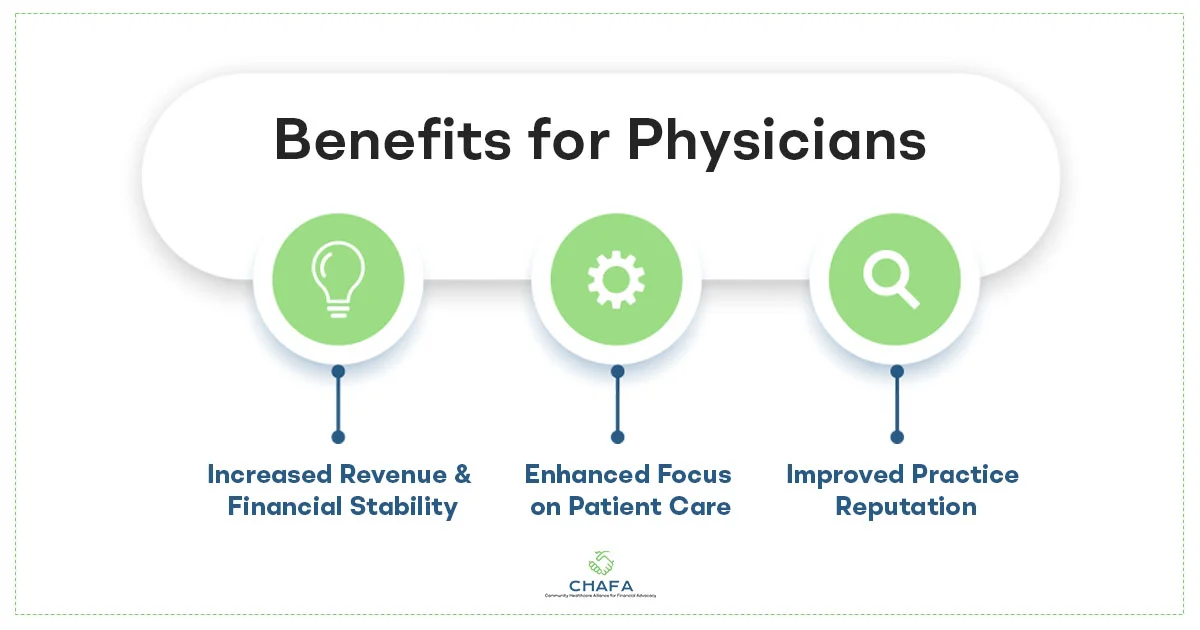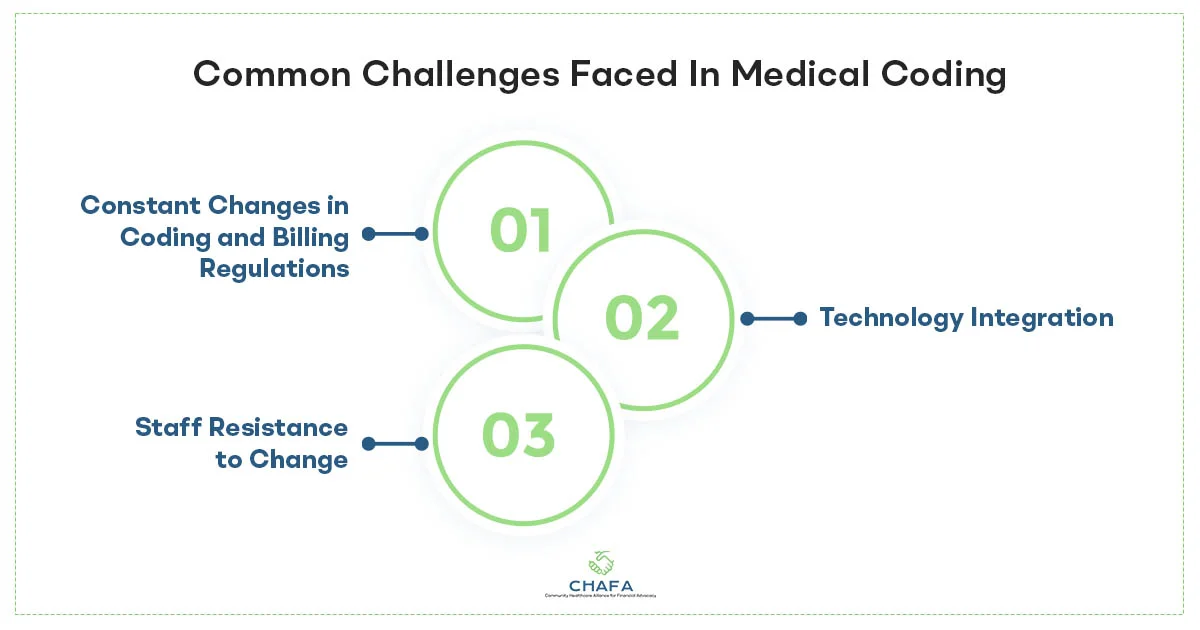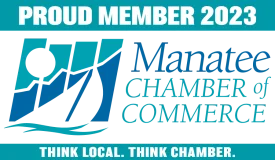
In the ever-changing landscape of the healthcare business, physicians face an array of issues that go beyond patient care. Medical billing and coding is one critical issue that frequently requires their attention.
These vital operations serve as the foundation of the revenue cycle management system, assuring the financial stability and operational efficiency of medical practices. Even the most experienced practitioners could find themselves overwhelmed by the complexities of healthcare reimbursement, coding laws, and compliance obligations.
This is when medical billing and coding consultation come into play.
Understanding Medical Billing and Coding
Have you ever wondered how your doctor is compensated for the services he or she provides to you? Or how does your health insurance company determine what to cover and how much to charge you? The solution lies in a process known as medical coding.
The process of giving standardized codes to diagnoses, treatments, and medical services is known as medical coding. These codes serve as a common language for healthcare professionals, insurance companies, and regulatory authorities. Medical coders employ specialized code sets to precisely document the patient’s medical information, such as the International Classification of Diseases (ICD) and the Current Procedural Terminology (CPT).
Medical billing is submitting and processing claims for healthcare services rendered to patients. The coded data is used by medical billers to compile and submit accurate and detailed claims to insurance companies, government programs, and patients.
Medical billing and coding consultancy is a specialty service that helps healthcare professionals navigate the complicated world of healthcare reimbursement. It entails expert advice on proper coding, correct billing, and compliance with constantly changing rules. The consultants at CHAFA, who are experienced professionals with extensive understanding of healthcare legislation and coding systems, collaborate with physicians and their staff to expedite the billing process and maximize revenue.
Medical billing and coding consultants stay informed about industry updates, ensuring that practices remain compliant and maximize reimbursement in the face of evolving challenges.
The Impact on Practice Efficiency
A successful healthcare practice is built on efficient medical billing and coding systems. When these processes are streamlined and optimized, physicians can devote more time to patient care, resulting in increased overall efficiency.
1) Streamlining the Revenue Cycle
Consulting services for medical billing and coding help to streamline the complete revenue cycle, from patient contact to payment receipt. Consultants assist healthcare practices in reducing claim denials, accelerating reimbursement, and shortening the time between service delivery and revenue collection by establishing efficient coding and billing practices.
2) Enhancing Accuracy and Compliance
Coding mistakes and noncompliance with billing requirements can lead to late payments, audits, and financial penalties. Medical billing and coding consultants guarantee that coding is correct and in accordance with industry standards. This not only prevents concerns with compliance but also minimizes the possibility of claim rejections and denials.
Benefits for Physicians
The benefits of medical billing and coding consulting extend beyond financial gains. Physicians can experience a range of advantages that positively impact both their professional and personal lives.

1) Increased Revenue and Financial Stability
The possibility for higher revenue is one of the key advantages of hiring medical billing and coding specialists. Consultants detect and correct coding problems, reduce claim denials, and optimize billing processes, resulting in a stronger financial basis for the practice. This additional revenue enables physicians to invest in employee training and technological upgrades.
2) Enhanced Focus on Patient Care
Physicians can concentrate their attention on patient care by delegating the complexities of medical billing and coding to professionals. With administrative burdens reduced, physicians have more time to spend with patients, resulting in enhanced doctor-patient interactions and overall satisfaction.
3) Improved Practice Reputation
Billing practices that are efficient and accurate help to build a positive healthcare practice reputation. Patients respect billing transparency and accuracy, and a well-managed billing and coding system reflects positively on the practice’s professionalism. A good reputation can lead to more patient referrals and long-term patient loyalty.
Common Challenges Faced In Medical Coding
While medical billing and coding consulting offers numerous benefits, it is essential to acknowledge the challenges that healthcare providers may encounter in the process. Understanding these challenges is crucial for implementing effective solutions.

1) Constant Changes in Coding and Billing Regulations
The constantly changing nature of healthcare regulations presents a substantial problem for physicians and their personnel. Keeping up with changes in coding and billing standards takes effort and requires ongoing knowledge. Medical billing and coding experts bridge this knowledge gap by maintaining up-to-speed and applying relevant revisions as soon as possible.
2) Technology Integration
It can be difficult to integrate new technology into old practice management systems. Some physicians may be resistant to new software or have difficulty implementing it. Consultants play an essential role in aiding the smooth incorporation of technology, ensuring that the practice benefits from increased efficiency while minimizing disruptions.
3) Staff Resistance to Change
Employee resistance to change is a significant issue while implementing medical billing and coding consultancy services. Staff members must grasp the benefits of the changes and be confident in their capacity to adapt, therefore training and communication tactics are critical to overcoming this resistance.
Implementing Consulting Services
Before engaging a medical billing and coding consultant, it’s important to conduct a comprehensive assessment of the practice. This evaluation should review current billing and coding systems, identify areas for improvement, and set clear goals for the consulting engagement.
Look for consultants with relevant experience, industry certifications, and a proven track record of success. References and case studies can provide valuable insights into the consultant’s ability to deliver results.
Additionally, effective communication and staff training are essential components of successful implementation. Clearly communicate the goals and benefits of the consulting services to staff members, addressing any concerns or resistance.
Training programs should be tailored to the specific needs of the practice, ensuring that staff members are well-equipped to adapt to changes.
In conclusion, the value of medical billing and coding consultancy for doctors cannot be emphasized. The intricacies of billing and coding necessitate expert counsel as the healthcare landscape evolves to guarantee optimal practice efficiency, financial stability, and compliance.
CHAFA creates a seamless transition when it comes to integrating these services, offering an open environment for any concerns and challenges.

